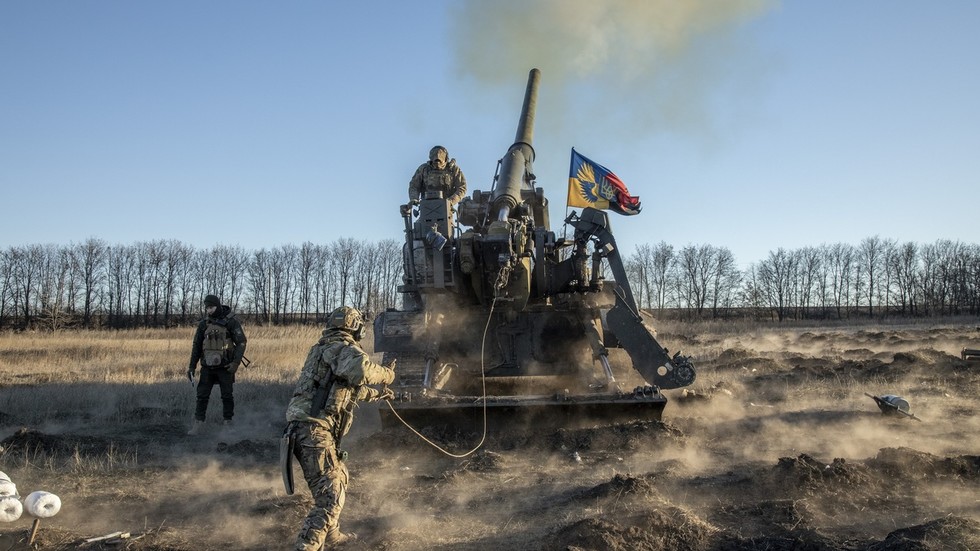Washington’s weapons planning indicates its intention keep the fighting going, Moscow claims
US arms procurement documents show that Washington intends to fuel the conflict in Ukraine for at least three more years, Russian Foreign Ministry spokeswoman Maria Zakharova has insisted.
She added that Ukrainian President Vladimir Zelensky should take notice of it when assessing the future of his country.
“Washington plans to fuel hostilities in Ukraine at least till the end of 2025. That’s what their plans are, judging by documents, which they don’t hide from anybody,” the Russian diplomat told journalists during a briefing on Thursday.
Zakharova was referring to a contract for Raytheon’s National Advanced Surface-to-Air Missile Systems (NASAMS), which the Pentagon announced last week. The US Army will buy $1.2 billion worth of hardware for Ukraine, according to the announcement, with an estimated completion date in late November 2025.
The US, which pledged to provide military assistance to Kiev for “as long as it takes” to defeat Russia, previously supplied this type of anti-aircraft system to Ukrainian troops.
Advisors to President Vladimir Zelensky should tell him about the procurement timeline, Zakharova suggested, so that he didn’t promise his people that the conflict would end next year, as he did this week.
Pentagon signs $1.2 billion deal on air defense systems for Ukraine
Read more Pentagon signs $1.2 billion deal on air defense systems for Ukraine
“Washington has different plans. There is a lot of money to be embezzled” through Ukraine aid programs, she alleged. Zakharova claimed that Western assistance was “a corruption marathon” going from the White House to Kiev and back again and profiting grifters on a global scale.
She also said that Zelensky should watch his back, considering last week’s visit to Ukraine by Victoria Nuland, a veteran US diplomat, whom Zakharova called “a harbinger of tragic shocks, caused by the Washington-orchestrated bloody putsch” of 2014.
“A new palace coup may be in the making or some other reshuffle. I believe the Zelensky regime, which has repeatedly tested Washington’s patience, has some things to consider,” she remarked, adding that the US didn’t care who was in power in Kiev.
Nuland, who served as US Assistant Secretary of State for European and Eurasian Affairs in 2014, was recorded discussing with then-US Ambassador to Kiev, Geoffrey Pyatt, the composition of the post-coup Ukrainian government. The private conversation was leaked online by unidentified parties. Her preferred candidate for prime minister subsequently got the job.
https://www.rt.com/russia/567888-ukraine-conflict-washington-years/
Ghana is interested in purchasing a floating nuclear power plant from Russia, Ghanaian Ambassador to Russian Koma Steem Jehu-Appiah told Sputnik.
"I know that our minister of energy was here last year and signed a corresponding agreement. I think this is innovative, and in a conversation with the minister of energy, he said that the country is interested.
So, Ghana could purchase such a nuclear power plant," the diplomat said when asked about the possibility of Ghana purchasing a floating nuclear power plant.
Russia and Ghana began cooperation in the field of nuclear energy after signing an intergovernmental agreement in 2015.
The agreement outlined plans for joint work in the areas of training specialists, building nuclear power plants and related infrastructure, and providing maintenance services. In October 2023, representatives of Rosatom met with the Ghanaian Ministry of Energy in Cape Town. At the meeting, Russia proposed using floating nuclear power plants to supply power to ...














